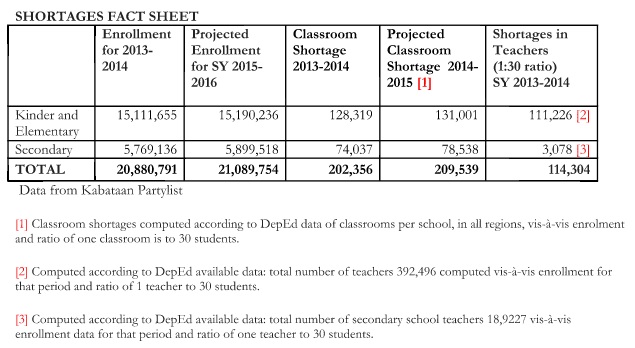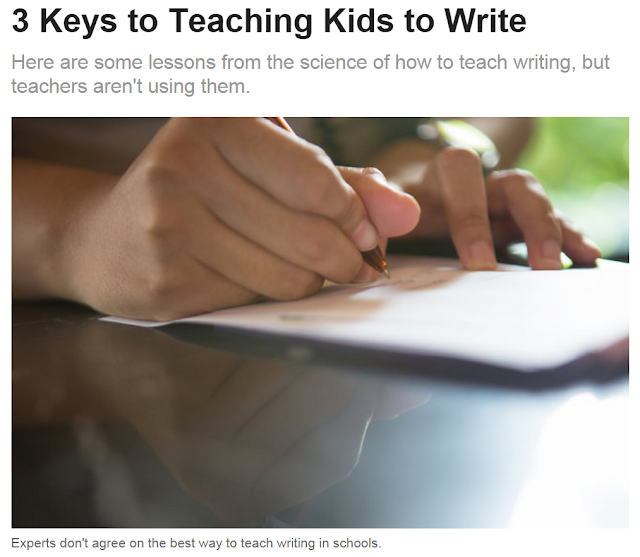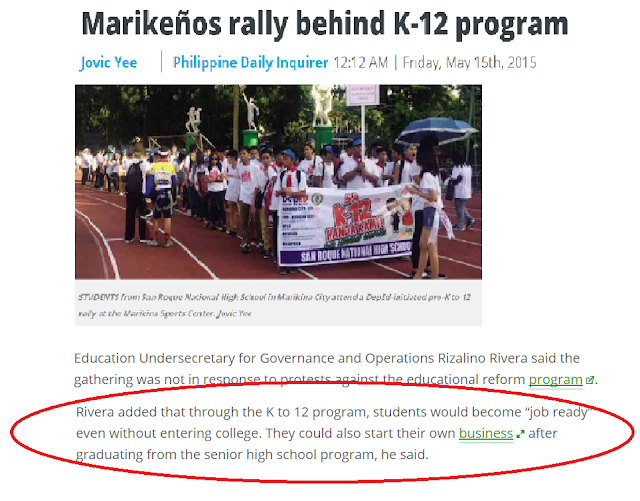What Do Numbers Really Tell Us?

Mark Twain popularized the statement, " There are three kinds of lies: lies, damn lies, and statistics". In Truth, Damn Truth, and Statistics , Paul Velleman of Cornell University reminds us of a "world outside ourselves". There are facts that sometime do not seem to apply to what we experience. It is at this point that we must realize that each one of us may just be a single point in a larger picture. Statistics does provide a window that helps us see beyond ourselves, but we still need to be vigilant since we often view only what we would like to see. Tomorrow, schools open in the Philippines. Besides what each parent and child might experience, there would be stories, there would be numbers which some of us might be able to relate while some might paint an entirely different universe. There are those who attend elite schools and for these children, the classroom they would see tomorrow could be inviting. Yet, there are also schools that yet have to recover from ...











